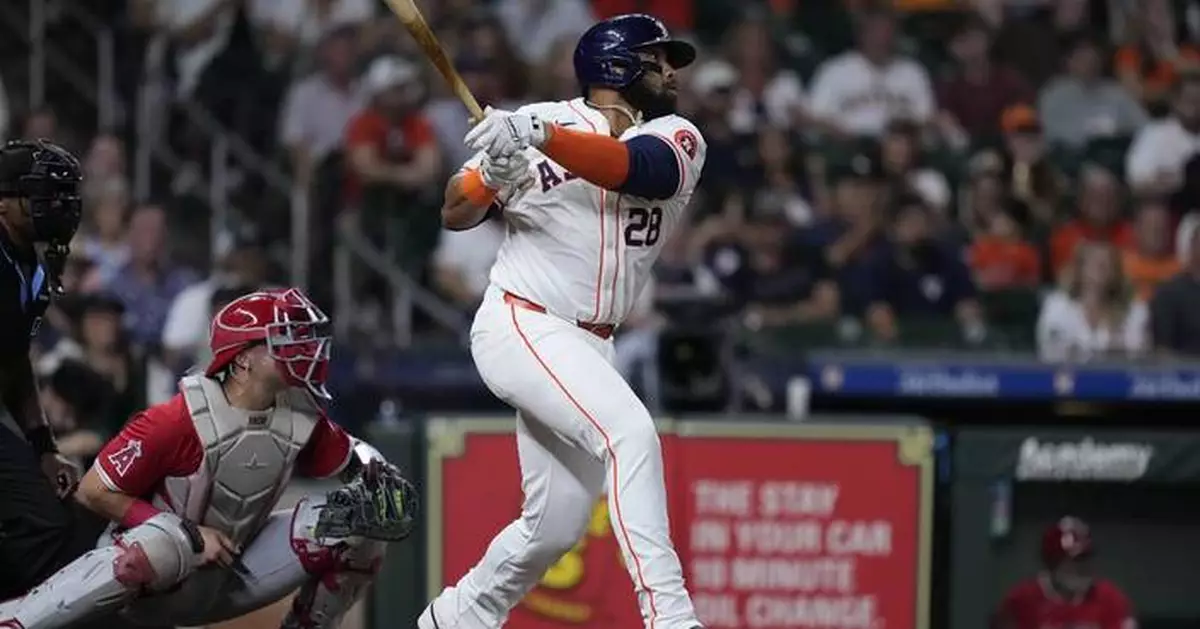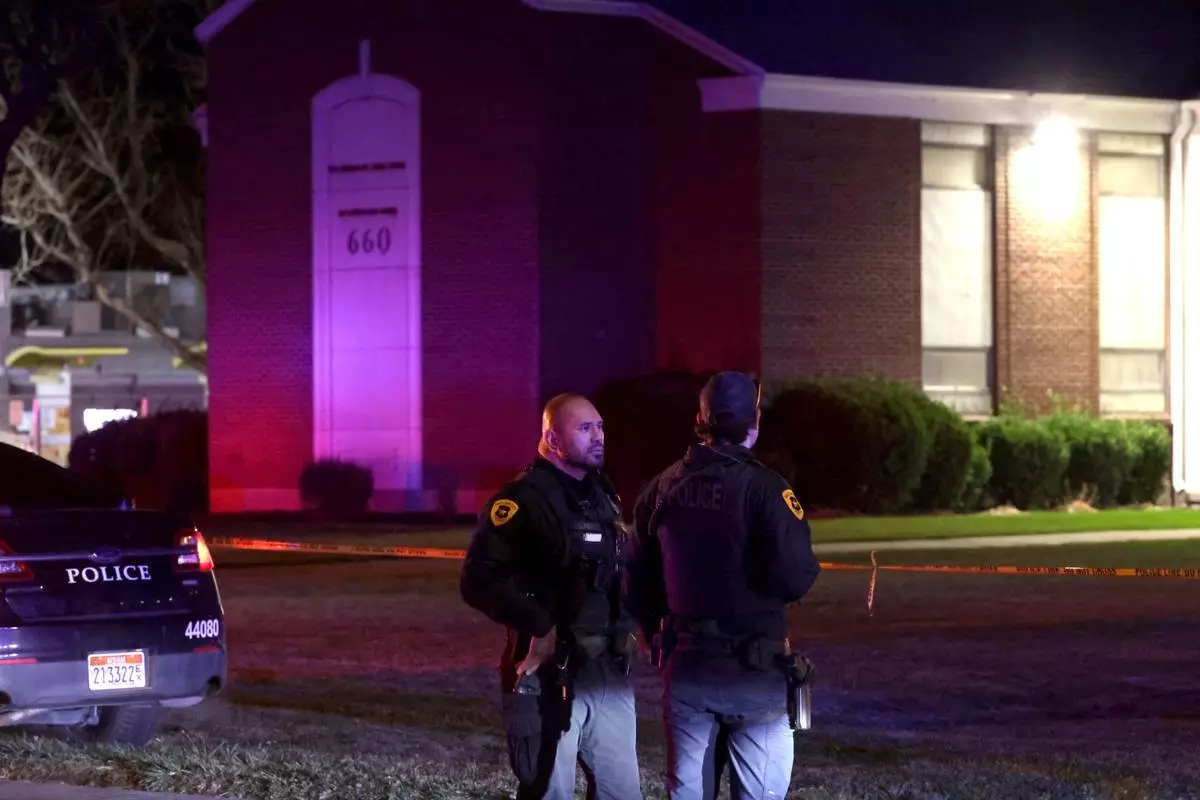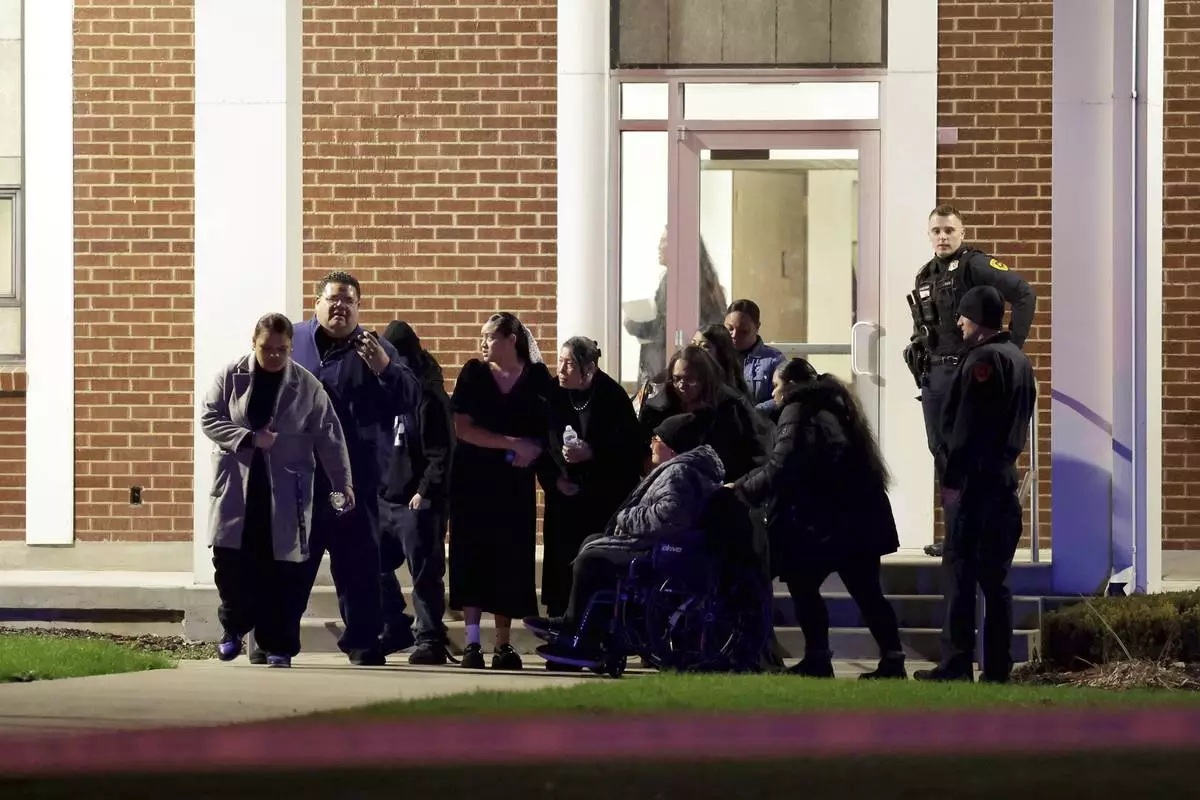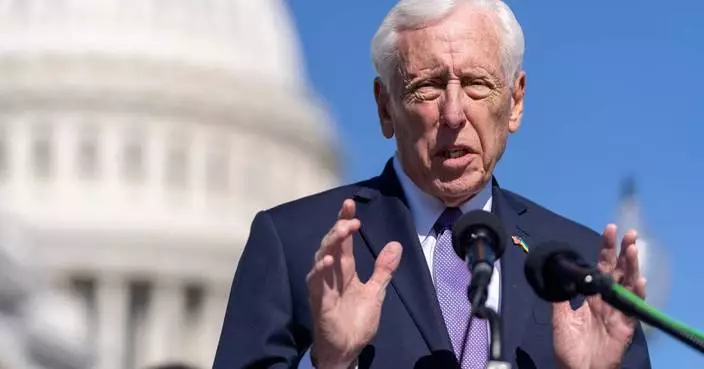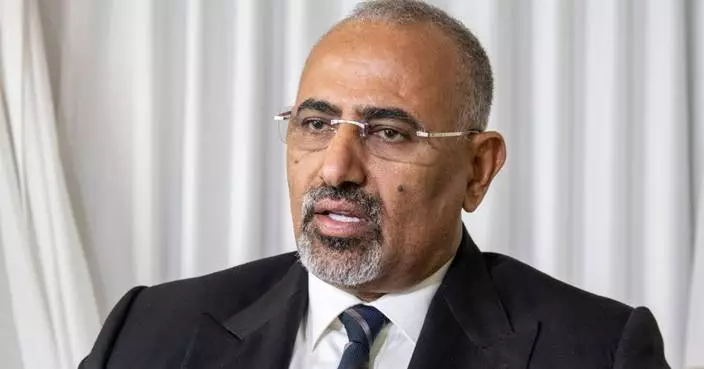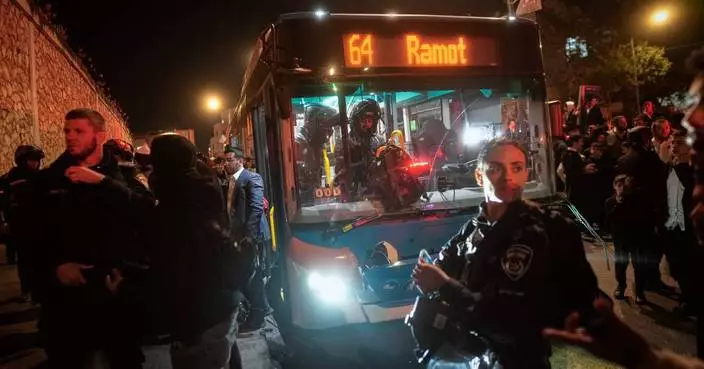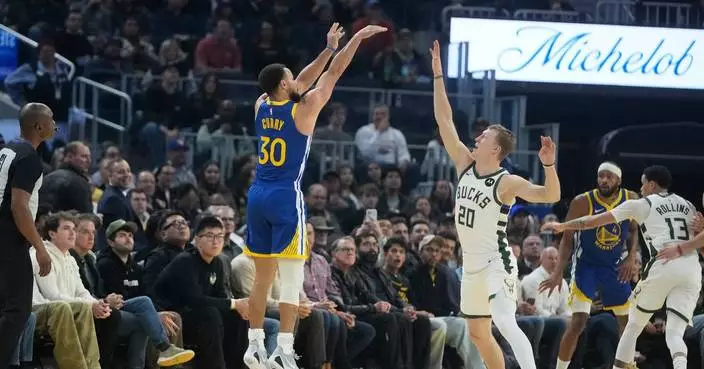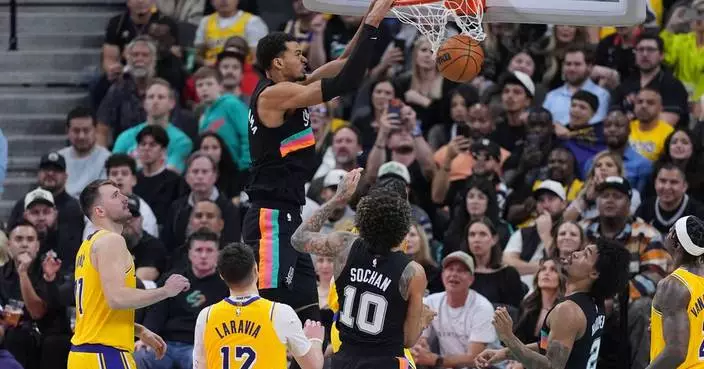HOUSTON (AP) — Jon Singleton’s tiebreaking two-run double with two outs in the eighth inning lifted the Houston Astros to a 3-1 win over the Los Angeles Angels on Thursday night.
The game was tied 1-1 when Ryan Miller (0-1) walked Yordan Alvarez and Kyle Tucker to start the eighth. A fielder's-choice grounder by Yainer Diaz sent Alvarez to third.
Jeremy Peña grounded out on a ball that rolled just in front of the batter’s box before the Angels intentionally walked Victor Caratini to load the bases.
Singleton then smacked his two-strike double, a line drive to center field to score Alvarez and Diaz.
“It means a lot,” Singleton said. “Any time you get a chance like that to come through for the ballclub, it feels good.”
Houston’s magic number to clinch the AL West dropped to five.
Yusei Kikuchi allowed five hits and a run while striking out nine in six innings as the Astros improved to 9-0 in his nine starts since a trade from Toronto on July 29.
“He throws strikes, he’s a competitor,” manager Joe Espada said. “The guys love playing behind him. We expect to win every single time he’s on the mound. When he goes on the mound just his attitude, the energy, you feel it.”
He is 5-0 with a 3.00 ERA and .189 opponent batting average with 68 strikeouts since coming to Houston.
“As soon as I got traded, my mindset was I’m going to win every game for this ballclub every time I’m out there on the mound,” Kikuchi said through an interpreter. “So it seems like it’s working out right now.”
Taylor Ward hit a leadoff homer for the Angels, who went 0 for 5 with runners in scoring position to snap a two-game winning streak.
Zach Neto doubled with one out in the eighth and he advanced to third on a groundout by Nolan Schanuel. But Bryan Abreu (3-3) retired Brandon Drury on a grounder.
Josh Hader pitched a scoreless ninth for his 32nd save.
Ward hit his fifth leadoff homer in the last 19 games. It was his 25th homer of the season, making him the ninth left fielder in franchise history with at least 25 and the first since 2018.
Kikuchi walked Schanuel with one out before a single by Drury. But Kikuchi struck out the next two batters.
The Astros had just one hit when Diaz reached on Eric Wagaman’s third error of the game to start the fourth. A single by Peña sent him to third and the Astros tied it when he scored on a single by Caratini.
José Suarez permitted three hits and a run with five strikeouts in five innings in his second start this season after spending most of the year in the bullpen.
“He battled,” manager Ron Washington said. “He and Kukuchi went head-to-head and he hung in there and gave us what we needed.”
TRAINER'S ROOM
Angels: OF Mickey Moniak missed a fourth straight game with a bruised left hand after he was hit by a pitch Sunday.
UP NEXT
Houston RHP Justin Verlander (4-6, 5.20 ERA) opposes LHP Tyler Anderson (10-13, 3.60) when the series continues Friday night.
AP MLB: https://www.apnews.com/hub/MLB
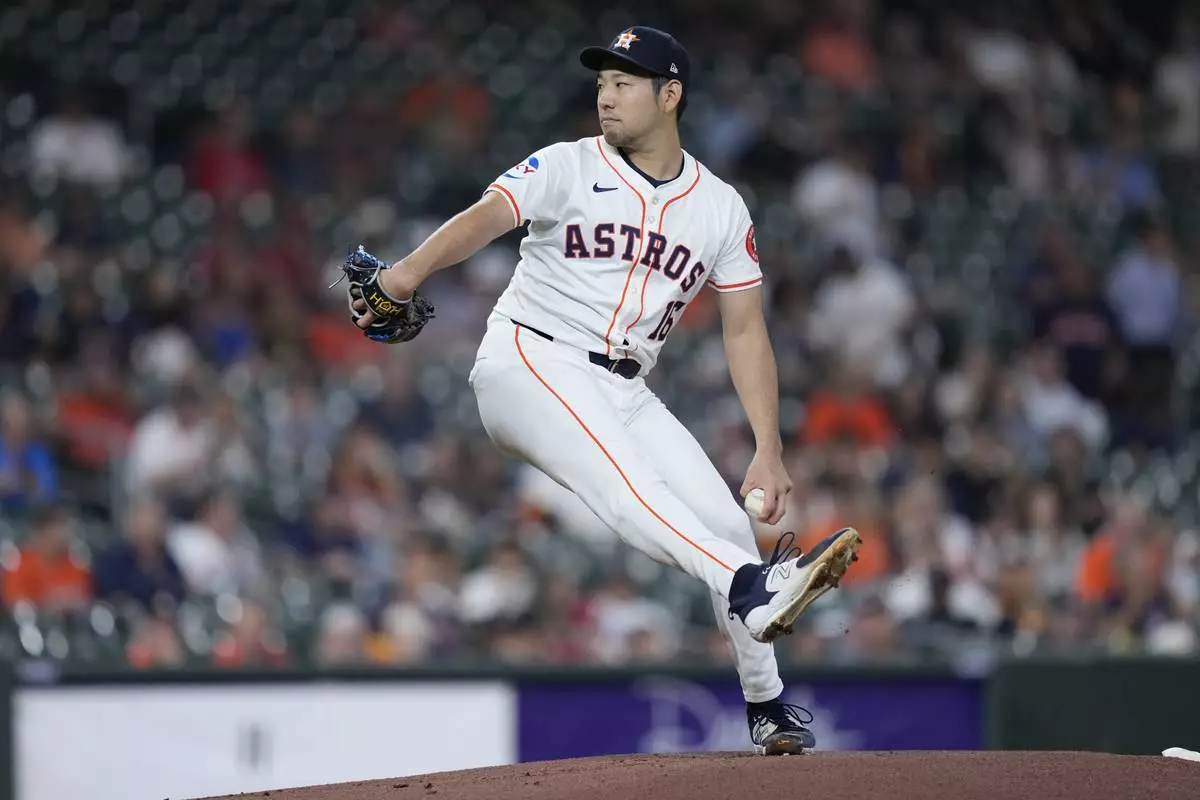
Houston Astros starting pitcher Yusei Kikuchi delivers during the first inning of a baseball game against the Los Angeles Angels, Thursday, Sept. 19, 2024, in Houston. (AP Photo/Kevin M. Cox)
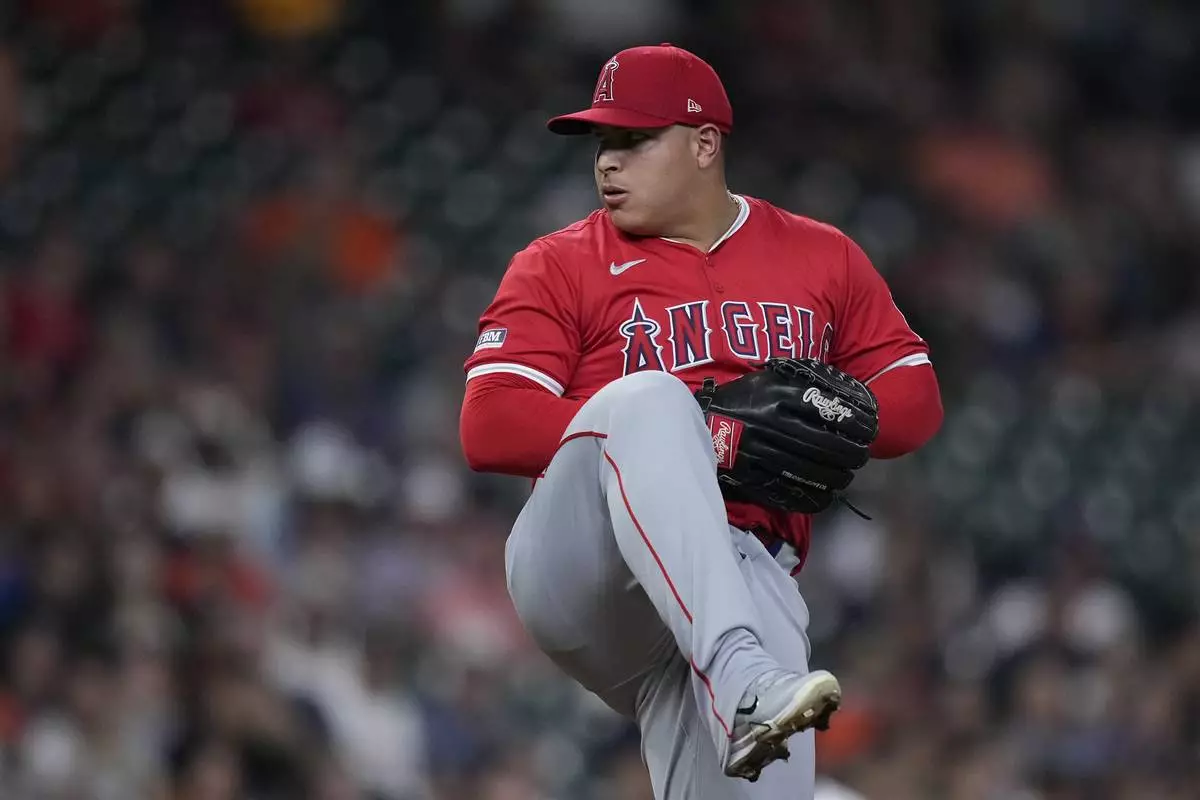
Los Angeles Angels starting pitcher José Suarez delivers during the first inning of a baseball game against the Houston Astros, Thursday, Sept. 19, 2024, in Houston. (AP Photo/Kevin M. Cox)
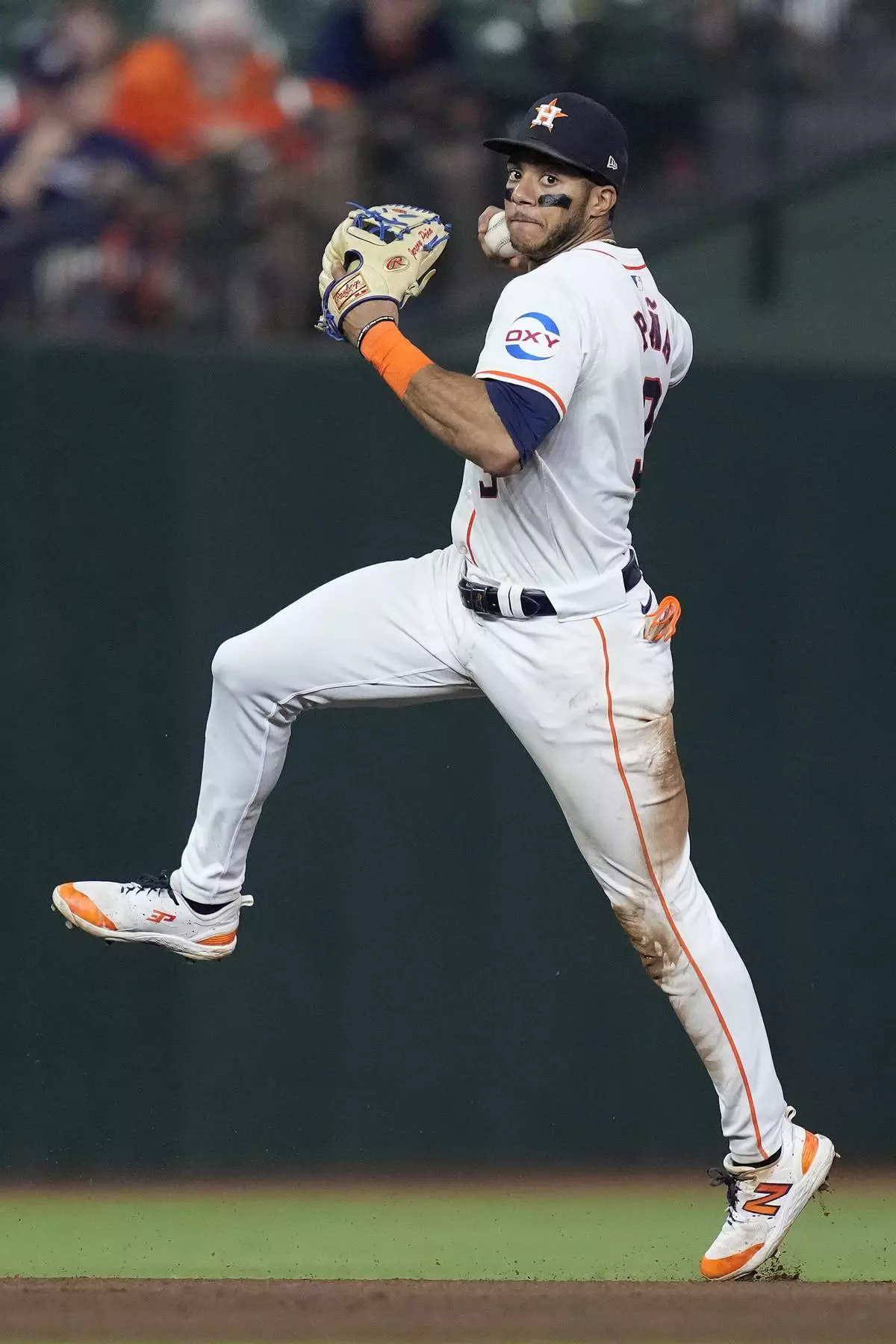
Houston Astros shortstop Jeremy Peña fields an infield single hit by Los Angeles Angels' Jordyn Adams during the fourth inning of a baseball game Thursday, Sept. 19, 2024, in Houston. (AP Photo/Kevin M. Cox)
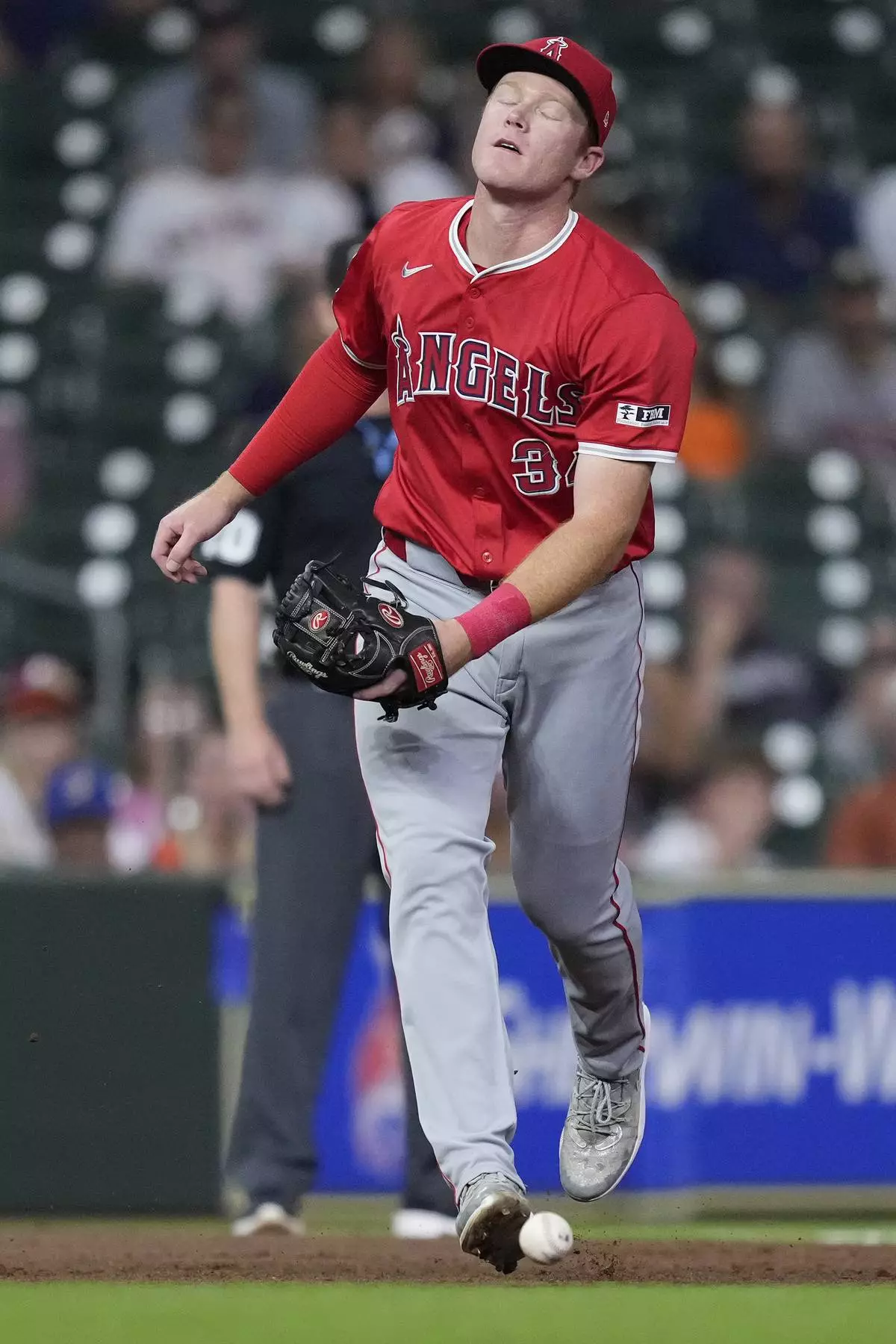
Los Angeles Angels third baseman Eric Wagaman reacts after committing a fielding error on a ground ball hit by Houston Astros' Yainer Diaz during the fourth inning of a baseball game Thursday, Sept. 19, 2024, in Houston. (AP Photo/Kevin M. Cox)
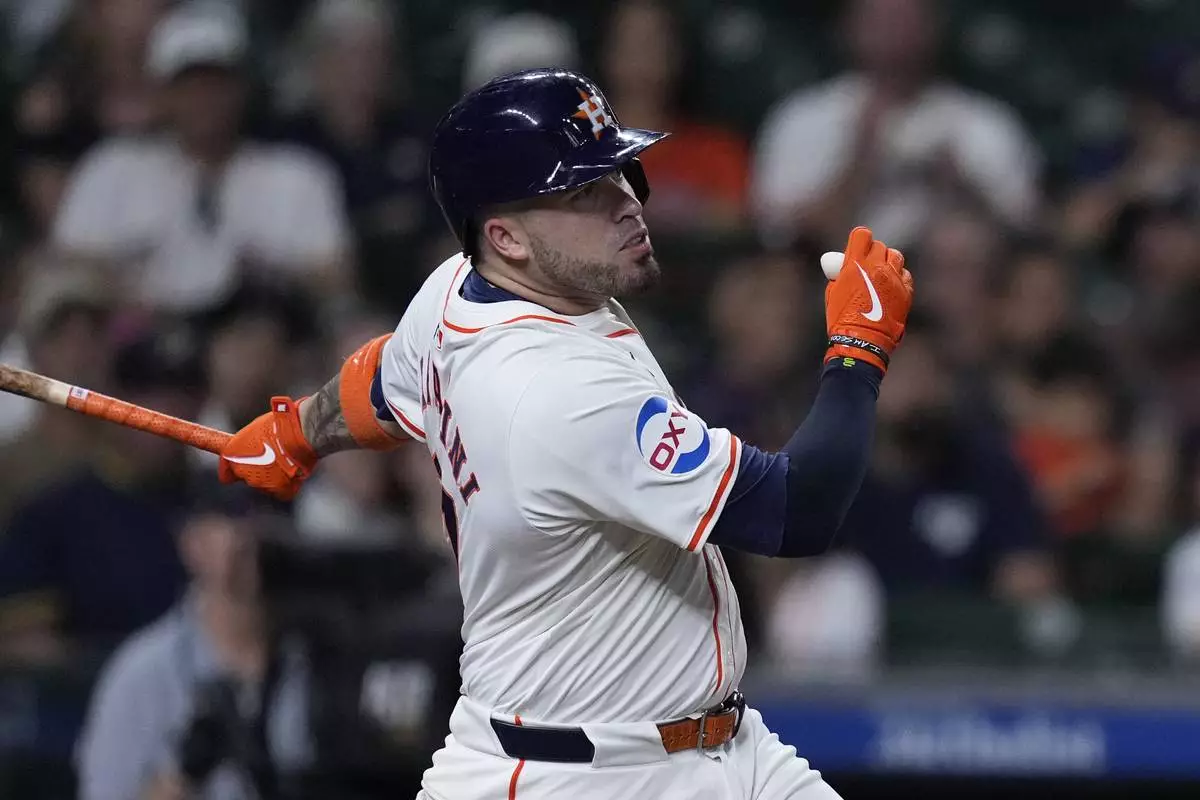
Houston Astros' Victor Caratini hits an RBI single during the fourth inning of a baseball game against the Los Angeles Angels, Thursday, Sept. 19, 2024, in Houston. (AP Photo/Kevin M. Cox)
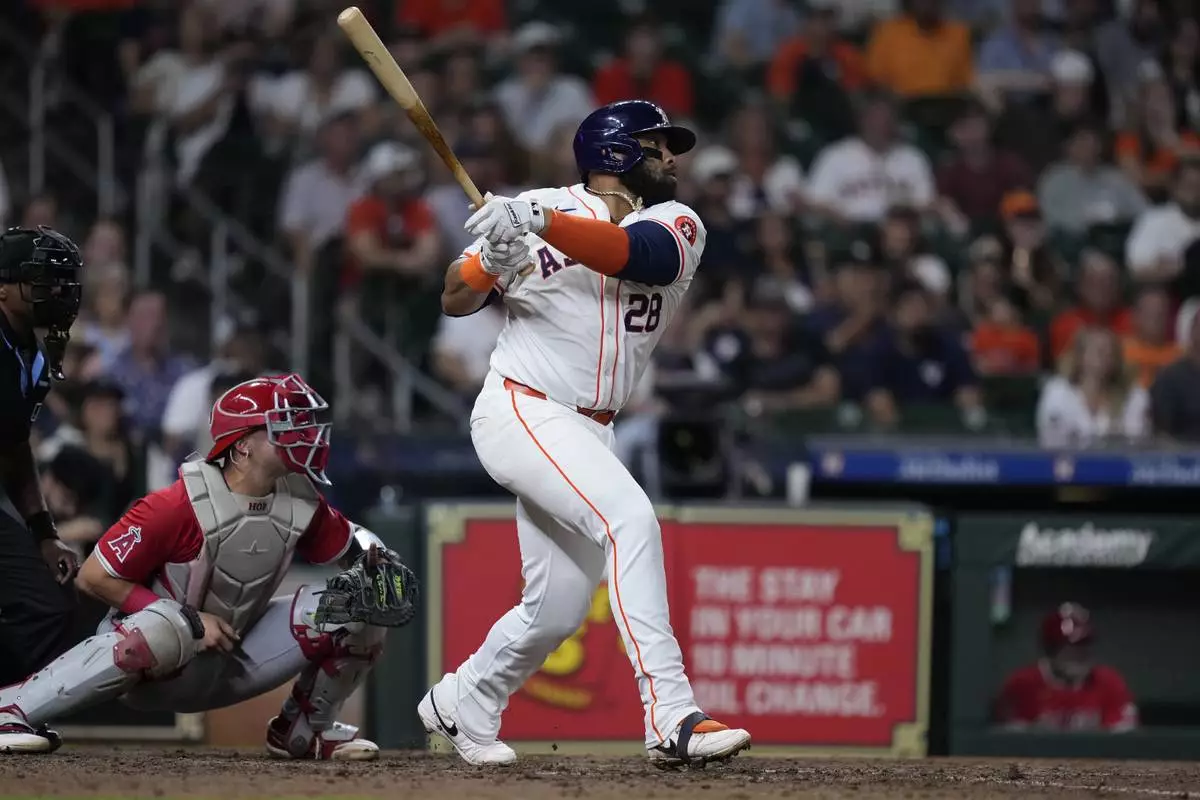
Houston Astros' Jon Singleton hits a two-run double during the eighth inning of a baseball game against the Los Angeles Angels, Thursday, Sept. 19, 2024, in Houston. (AP Photo/Kevin M. Cox)


